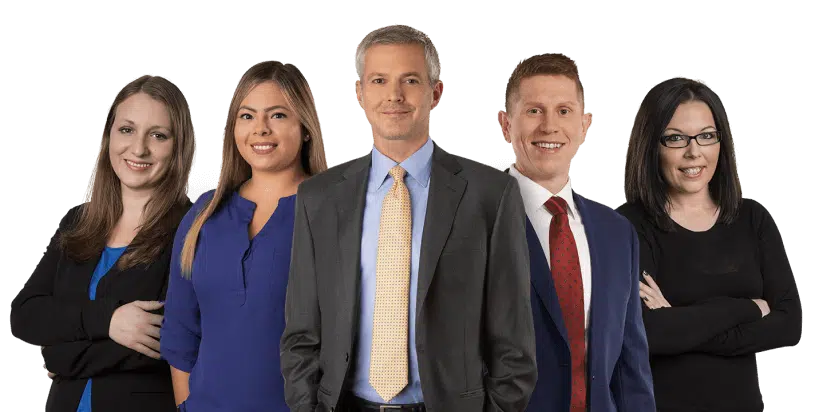Workers’ Compensation Hearing Questions
The Workers’ Compensation claim process can be very complicated. It’s important to have someone on your side who understands all the intricate details of your case, as well as a deep knowledge of the Minnesota Workers’ Compensation Laws and how they pertain to your unique situation.
Our Workers’ Compensation attorneys take pride in providing exceptional service to our clients. We believe that you should be given all the options and information you need to make the best decision for you and your family. We can also help relieve any stress and fear you may experience with attending a hearing in a court room, protect your rights during cross-examination, and make sure all the facts are presented to the judge clearly and concisely.
It costs nothing to get answers to your questions –
